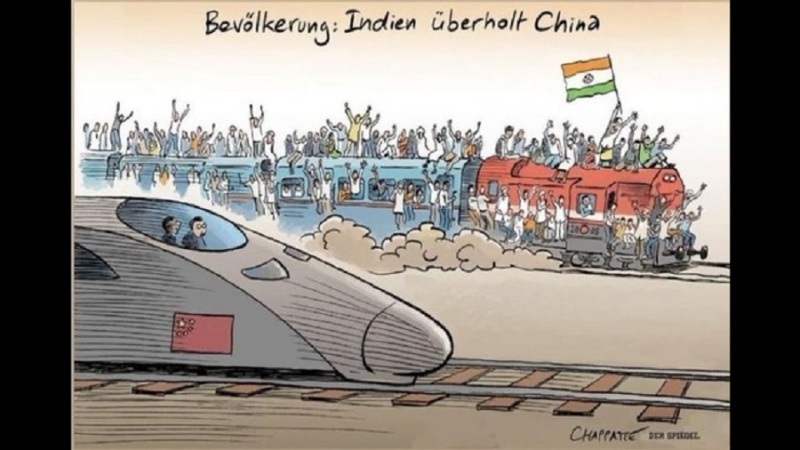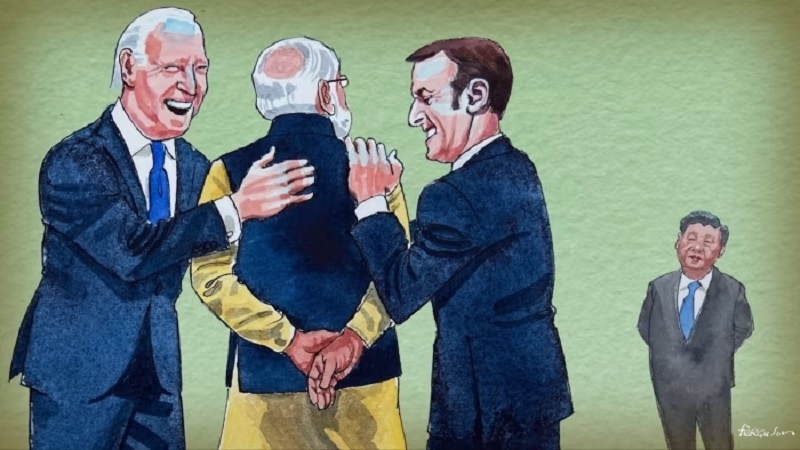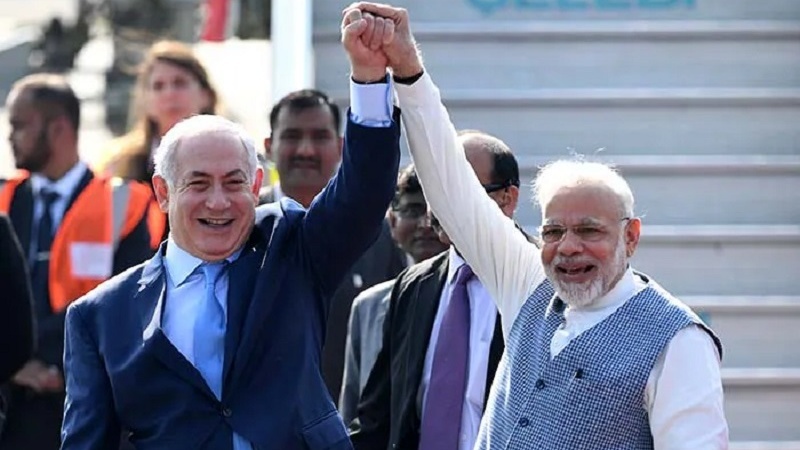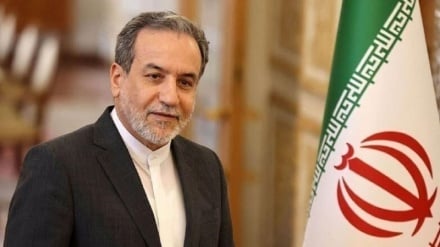Why is India being discredited in the world? / A look at some reasons
Pars Today - India, a land known for its diversity and tolerance in the past, and which had gained great credibility as an anti-colonial society and country in the last century, has witnessed a significant decline in its reputation and image among the people of the world over the past decade, especially in the last two years.
What's more surprising is that this image has been damaged not only among Western countries and northern nations but also severely among non-Western nations.
Here, we point to three reasons:
The hatred of the West and its media towards Indian people
Shashi Shekhar Vempati, the CEO of India's public broadcaster Prasar Bharati, believes that India is always responding to the false claims made by Western media against this country..."
"Western media portrays India as a land of elephants, snake charmers, and naked poor people,” he adds.
Vempati attributed the reason for the Western media's destruction of India's image to the saturation of their primary markets in the West and added:
"The Westerners, with the goal of attracting an audience, especially in large markets such as China, are trying to destroy India's image.

Shravan Bhat, a New York-based journalist and Yale University graduate, also says:
"In the newspaper and news business, you have to sell a story, and to sell a story, you have to sell a narrative."
This is while Indians have always imagined the West as an adorable land with civilized people.
Bhat, in this regard, poses a question to Western audiences, especially Americans, to consider how they would feel if the dominant narrative about Western society in India was about the realities of Western countries, including armed attacks, racism, right-wing biases, and addiction crises. Meanwhile, Indians, due to the news engineering by Western media, only see the imaginary beauty of the West and not its true self.

The rise of extremism in India
Another serious reason for the destruction of India's image from a land of Gandhi and diversity to a land of violence and anger is the recent political developments in India.
One of the effective factors in promoting this narrative of India is the emergence of Narendra Modi as the current Prime Minister and the Bharatiya Janata Party (BJP) on the Indian political scene, a party that has played into the hands of Western media by taking Islamophobic actions, supporting Israel, and serving Western interests and colonialism.
A recent survey by the Centre for the Study of Developing Societies (CSDS) in New Delhi shows that Prime Minister Narendra Modi's policies have deepened the religious divide in India.
This religious divide is more pronounced between Hindus and Muslims in India. The reality is that the BJP came to power with Hindu nationalist slogans and tried to manipulate the votes of people in its favor by inciting extremist Hindu groups such as the RSS and Shiv Sena, which have significant influence in rural areas and small towns.
Since the BJP came to power in India in 2015, deadly violence against Muslims has increased unprecedentedly in various cities across the country.
The destruction and burning of mosques, restrictions on holding religious ceremonies, banning the issuance of residence permits to Muslim immigrants, revoking the special autonomy of the Kashmir region, and silence in the face of violent attacks by extremist Hindus against Muslims are among the targeted actions that have been taken against Muslims in India in recent years.
These actions have led to a hidden hatred towards India forming and growing, both globally and among religious and Islamic communities in other countries.
Abandoning India's anti-colonial reputation and moving towards a colonialist and notorious trend
Another issue is India's neglect of its anti-colonial reputation.
India, by distancing itself from the Non-Aligned Movement, has become more inclined towards the West, and in this context, the Zionist regime has gained importance in the country's foreign policy.
In this regard, astonishing actions have been taken that have drawn global attention. For example, India's policies towards the Palestinian issue have become contradictory, and New Delhi's support for people suffering under occupation has turned into support for occupation itself, a support that is not limited to political and economic dimensions but also includes military aspects.
India's relations with the Israeli regime have advanced to the point where Narendra Modi became the first world leader to condemn the ‘Al-Aqsa Storm’ operation.
India also refused to vote in favor of a humanitarian ceasefire resolution in the Gaza Strip at the United Nations on October 27, in line with its unconditional support for the Zionist regime.
According to what the Diplomat website revealed, this supportive stance influenced the Hindu nationalist extremists, who launched a campaign to spread misleading information on social media about what is happening in the Gaza Strip, in favor of the Zionist regime's narrative.
This stance was part of a propaganda effort to promote hostile discourses against Islam, targeting the Muslim minority in India.
Ultimately, it seems that the racist spirit of Western and colonial media, combined with the strange and very wrong political decisions of India's ruling politicians, led to India's reputation being tarnished not only in the eyes of Westerners but also among other nations, transforming it from a fighter and champion against the hegemonic system to a second-rate collaborator with the hegemonic system.
MG/UR



